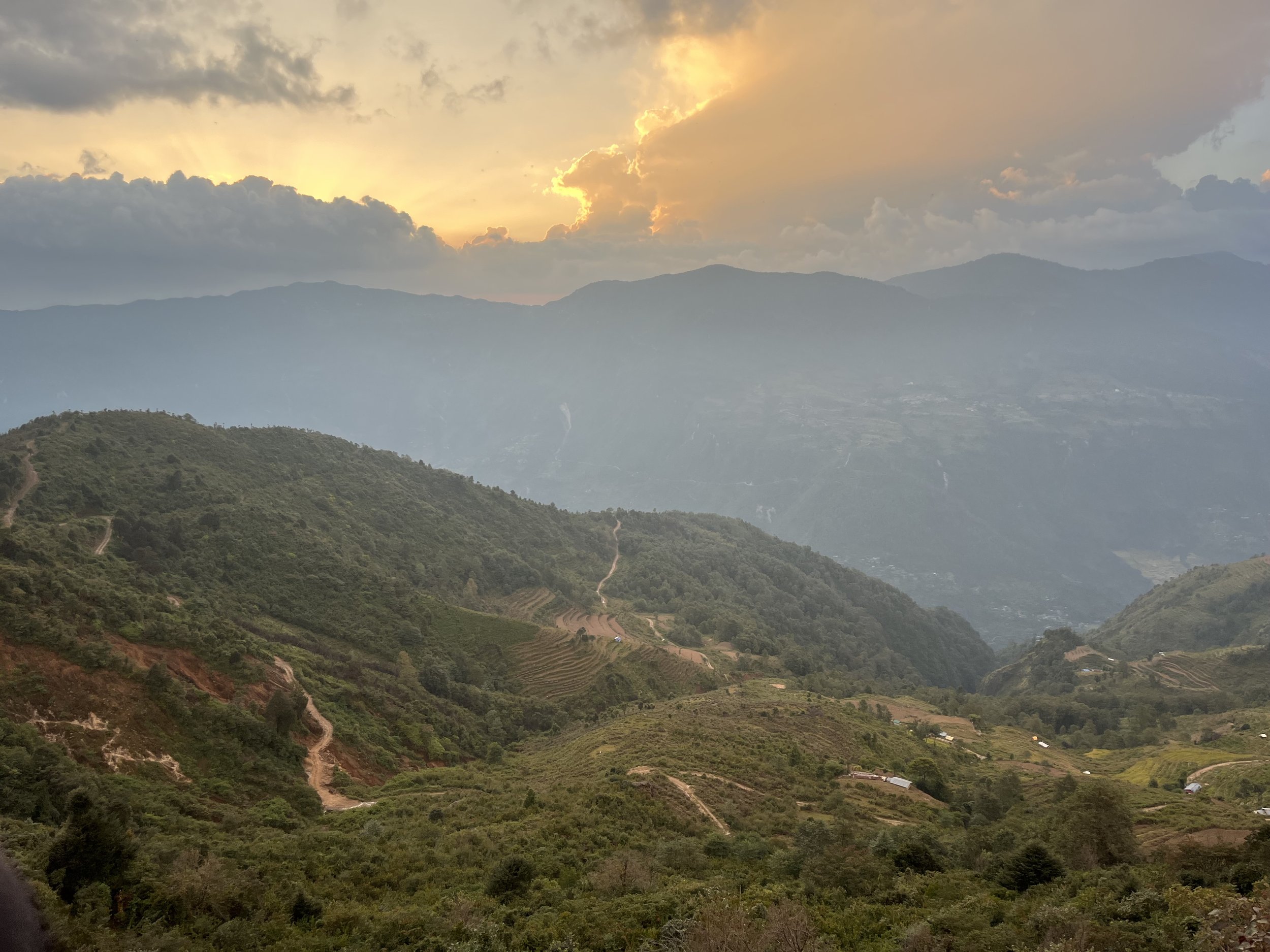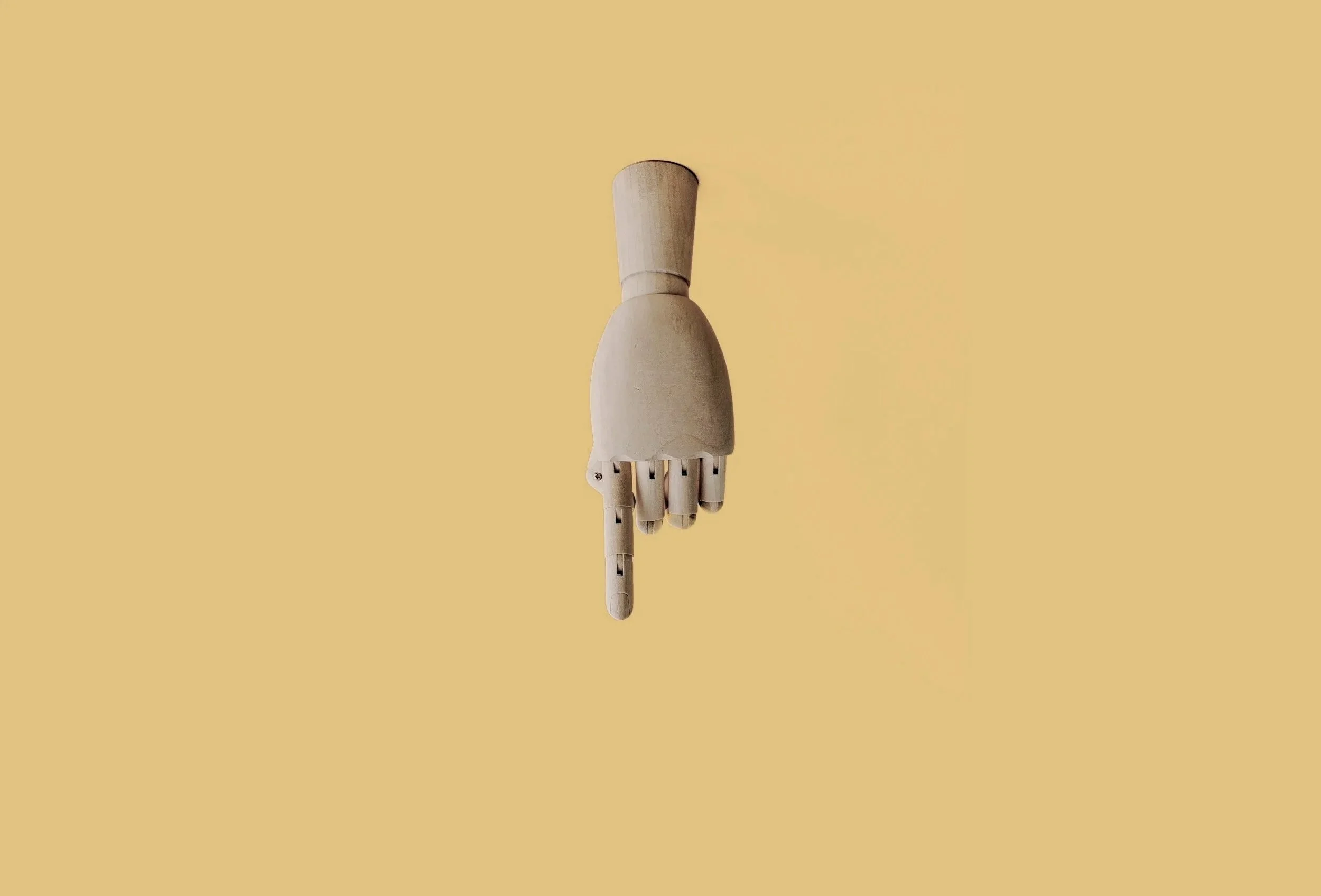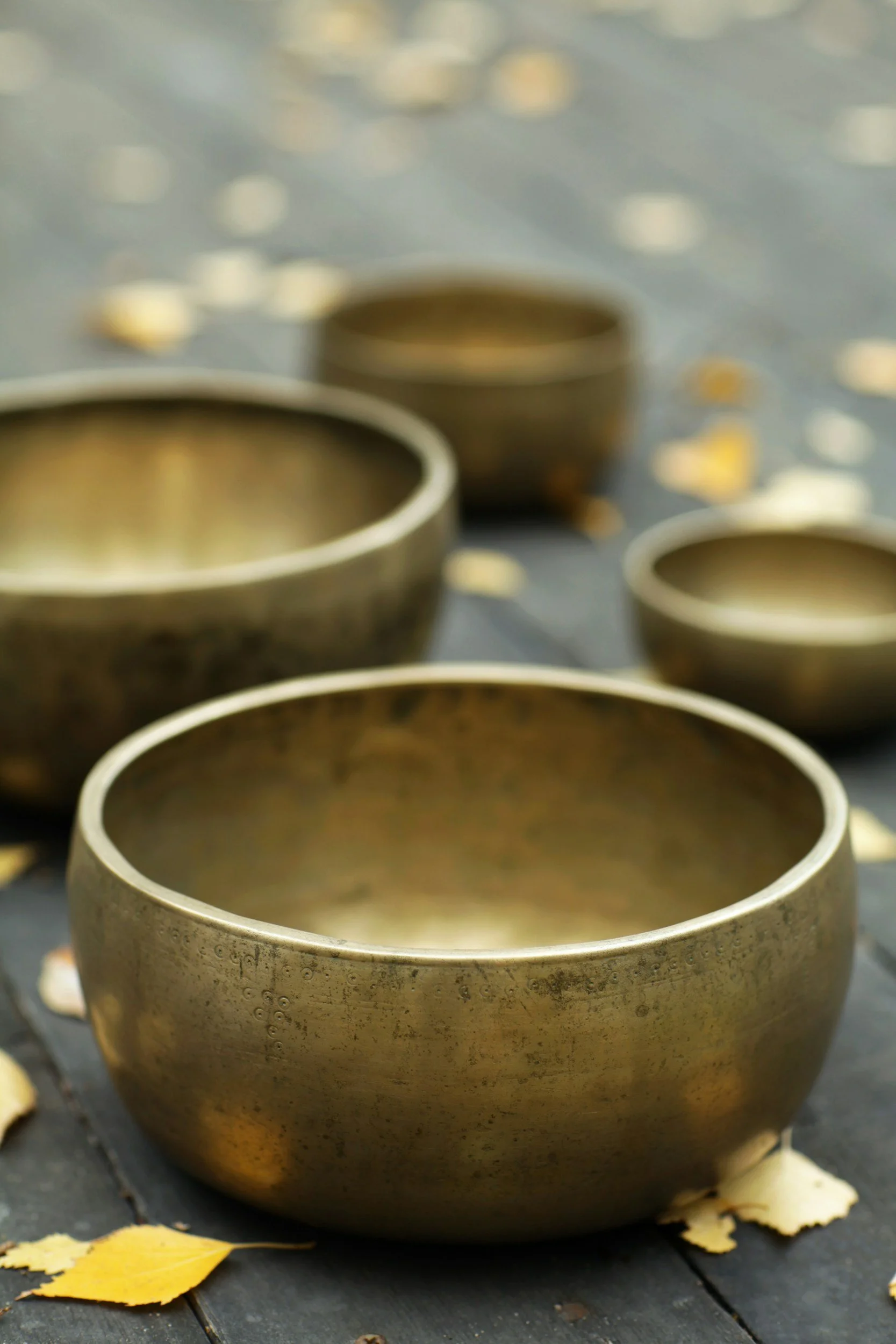
Experience the Healing Power of Acupuncture and Chinese Medicine
Margaret Weiser Dipl. Ac, L.Ac, MAcCHM, LMT is here for you at any stage of your healing. She works to bridge the gap between the ancient wisdom of acupuncture and Chinese medicine and modern health concerns to get you results.
Meet Margaret
Having been a bodyworker in practice for over a decade, Margaret has a particular skill in directing the delicate dance between analytical reasoning and intuitive understanding. While highly perceptive, she also excels in grounding down the thoughts, emotions, and feelings involved in disharmony with the detailed knowledge learned in her years of schooling in medicine. She has studied medicine from both Western and Eastern/holistic disciplines, starting when she was in college with a pre-med focus and then continuing after with her massage and later, her acupuncture education.
It is her view that healing is for everyone that drives her to continue her pursuit of different treatment methodologies. She dreams that by doing all she can with her community, she can strengthen those around her and spread healing to those they are in contact with, making a more compassionate and empowered world.
When Margaret’s not in the office or studying, she loves being outside hiking, camping, and being near water. Back home in Denver, she enjoys gardening in her community garden plot, crafting macrame, painting, spending time with her rabbit, Henry, and going to see live music.
Education and Experience
NCCAOM board-certified Acupuncturist, October 2021
Master’s Degree in Traditional Chinese Medicine: Colorado School of Traditional Chinese Medicine 2021
3.5-year program; 3,030 hours
Traditional Chinese Medicine and Herbs
Tuina, Guasha, Cupping, Moxibustion, Auricular Therapy, Electrical Stimulation, Microbleeding
Nutrition, Lifestyle, Meditation, Qigong
Associate’s Degree in Occupational Studies- Massage Therapy: Boulder College of Massage Therapy, 2013
2-year program 1200+ hours
Swedish, Neuromuscular, Vibrational Medicine, Integrative, Aroma Therapy, Hot Stone, Hydrotherapy
Bachelor’s Degree in Psychology: Indiana University 2010
Continuing Education
Advanced Esoteric Acupuncture, January 2025
1-Year Herbal Intensive with Dr. Steven Wong, January 2024 - January 2025
Introduction to Esoteric Acupuncture, June 2024
Balance System Acupuncture Level 1, May 2024
Inner Ocean Empowerment Project Volunteer Acupuncture Trip to the Himalayas of Nepal, October 2023
Wilderness First Responder Certification, September 2023
Foundations of Dao Acupuncture, July 2022
That’s me doing acupuncture in the Himalayas!
Explore what I offer
Many acupuncture clinics are multi-room, where the practitioner is dividing their time between 1-3 patients per hour. However, Margaret’s office is a one-room clinic where her attention will be solely focused on you and your healing needs for the entirety of your appointment.
Bodywork sessions (excluding herbal only) include hot towels, essential oils, massage, and energetic clearing.
Acupuncture
$89-$133.50
60-90 minutes
Strategically placed needles to activate or sedate the nervous system, directly break up knots and tension, and treat a wide variety of disorders ranging from mental health disharmony, physical injury, post-COVID struggles, menstrual pain, menopausal distress, digestive upset, and on.
Traditional Chinese Medicine (Herbal Only)
$45-89 + price of herbs
30-60 minutes, may be done by phone or Zoom
Custom herbal formulas or patent caplets, depending on the needs of the patient. Herbal formulas are especially helpful for emotional balancing, insomnia, pain, gynecological and/or fertility concerns, fatigue, digestive issues, and chronic health disharmonies.
Deep Tissue Massage
$129-193.50
60-90 minutes
Inspired by the flowing strokes of Swedish massage but with deep, slow, or stationary pressure to promote healing and pain relief.
[Acu]ssage
$208.50
90 minutes
90-minute deep tissue massage, but with needling in one area to elevate the healing in that particular spot of pain.
$133.50
90 minutes
Acupuncture is becoming increasingly recognized for its potential role in supporting individuals undergoing psychedelic therapy. With the help of the Esoteric Acupuncture modality, I offer acupuncture to help one get more out of a psychedelic journey, either in the preparation stage or post-journey in the integration phase. This holistic approach can complement the therapeutic effects of psychedelics, providing a more comprehensive strategy for emotional and mental health management.
I also offer psychedelic integration through massage with regular massage pricing. 60 minutes $129 and 90 minutes 193.50. Just book a massage and put in the notes that it’s for psychedelic integration.
Psychedelic Integration
Treatment Packages (Acupuncture Only)
To help you invest in your wellness, I offer 8-session packages.
Expiration: 12 weeks from the first appointment in package
Why such a short term?
The best and most long-lasting results come when a condition is treated frequently and consistently, especially when starting treatment. Ideally, when starting off on an acupuncture treatment program, one gets a treatment 1-2 times weekly for at least the first month.
Packages are only offered for acupuncture.
Packages are only sold over the phone or in person, no online sales.
60 Minute Follow Up Package
$623, Savings of $89
90 Minute Follow Up Package
$934.50, Savings of $133.50
“How many treatments will I need?” Check out the FAQ!
Psychedelic Integration
What is it?
Psychedelic-assisted therapy has been emerging in the Denver area over the past few years to help people process trauma. While I do not offer psychedelic-assisted therapy, I am happy to assist with preparation for a journey or help with integration afterward.
Integration is the process of sorting through experiences during a psychedelic journey and implementing the healing takeaways into everyday life.
Reminder! My office is a 100% sober zone. Patients arriving under the influence of any mind-altering substances will have their session canceled and will incur a 100% session fee. Transportation to a safe place will be arranged via a friend, family member, or rideshare.
How does acupuncture help with this?
Acupuncture and Traditional Chinese Medicine (TCM) operate under the understanding that intricate relationships and processes occur between the organs to sustain good health. When one or more of these processes or relationships are weakened, disharmonies can appear. Acupuncture and TCM work to correct this by assisting appropriate nerve activity to the organs and tissues.
Trauma disrupts the relationship between the Heart and the Kidneys, fracturing the pathway between them. The damage to this pathway results in symptoms and syndromes we commonly understand as anxiety, depression, insomnia, PTSD, OCD, ADHD, panic disorder, and on. Psychedelic substances work to clear blockages along this pathway caused by trauma, and acupuncture then steps in to help heal these fractures.
It’s important to note that acupuncture is not a substitute for professional counseling, which is a crucial component in the process of healing trauma.
What does a psychedelic integration session look like at this practice?
In my psychedelic integration sessions, I use Esoteric Acupuncture because this modality’s primary focus is on healing the Heart and Kidney connection.
During a session, the patient is welcome to ask me any questions they’d like before I leave the room for them to get settled on the table. There is no requirement to share details about the trauma, the medicine used during the journey, or the experiences had unless the patient wishes to do so. Everything shared during the session is completely confidential.
The body is needled, and the needles are retained while the patient meditates quietly, either alone or with me in the room.
This process is highly internal and personal. Trauma healing often requires talking and being vulnerable with one’s story, but this treatment doesn’t demand that. It’s a neurological rewiring process, supported by a practitioner, where patients can choose to stay as quiet or as expressive as they please. The focus is on healing trauma at the cellular level.
How often is acupuncture needed for psychedelic integration?
These sessions are needed less frequently than traditional acupuncture, as the healing process emphasizes personal work on emotional trauma.
I recommend scheduling a session a few days before a journey and another within a week afterward. Because this healing process unfolds slowly, additional integration sessions may be needed weeks or months later, depending on individual progress.
Frequently Asked Questions
-
This is highly dependent on your condition, wellness upon first appointment, self care practices, and how frequent you are able to get treatment. Each body heals differently, but this is a general treatment plan:
First 2-3 weeks: 1-2 appointments per week.
Weeks 2-6: 1 appointment per week, or every other week until sypmtoms are hardly there.
Maintenance:Once your condition is asymptomatic for a least 2 weeks. At this stage additional treatments are needed once every month to once a season for a tune up.
Often, the addition of herbs will speed the healing process, which we can discuss during the initial appointment.
-
Loose clothing is best so that I can have access to areas above the knee, on the chest, and above the elbow. If clothing is in the way of areas we need to access, I may ask if you could remove clothing before we start the session and I will use secure draping with sheets on the table.
-
Dry Needling is a technique taken from Traditional Acupuncture aimed at relaxing muscles by needling in the epicenter of a knot to cause a contraction which then causes a release allowing for more blood flow, the detoxification of built up waste, and pain relief. Dry Needling is performed by a Western-trained practitioner such as a physical therapist and who often has a shorter amount of needling education (as low as 48 hours!) while Traditional Acupuncture is performed by an Eastern-trained practitioner who has over 3000 hours of acupuncture training.
Traditional acupuncture is more thorough due to the attention is also paid to the entire muscle channels affected and underlying causes of the pain/injury.
-
It is sincerely up to you. I see tips as gifts, therefore I charge an amount that reflects both the value of my services as well as what will support me.
UPCOMING EVENTS
UPCOMING EVENTS
When: 60-minute appointments 8:30am-7pm
Saturday, January 17
Thursday, January 29
Saturday, February 14
Thursday, February 26
Where: Weiser Medicine & Bodywork, 2055 S. Oneida St. Ste. 398, Denver, CO, 80224
Cost: Private sessions on a sliding scale from $50-$90
Relax and realign your chakras with a stress melting Esoteric Acupuncture session with Margaret Weiser, L.Ac, MAcCHM, LMT. This treatment will be guided by your spirit team and Margaret’s intuition to help you clear any blockages hanging out in your energy from stress, anxiety, depression, insomnia, trauma, etc. Esoteric Acupuncture is also an incredible modality to receive if you are prepping for or integrating from a psychedelic experience to help you get more out of that journey. Once needles are inserted, you will then receive energy work from negativity clearing selenite and/or a frequency elevating singing bowl.
Book your session here on my Eventbrite page!
2025 was such a great year working singing bowl ceremonies and sound baths, music festivals, and holistic fairs!
Know of any retreats, holistic fairs, psychic fairs, parties, yoga classes, sound healing events, markets, or other events you’d like to see an acupuncturist at?
Shoot me an email! I’d love to hear about it.
Schedule time with me
Discover a path to wellness with acupuncture and Chinese medicine by scheduling your appointment today! Margaret is here to guide you on your health journey, answering any questions you may have along the way.
Contact Me
Interested in working together? Fill out some info, and we will be in touch shortly. I can’t wait to hear from you!
E. D. (September 2025)
“Having known Margaret professionally for more than a decade, I can truthfully say that she is one of the best therapists in her field. As a massage therapist, she excels; and, her expertise in acupuncture is extraordinary. On more than one occasion, she has restored me to full function, despite my reluctant body. And, her ability to listen is great for the soul.”
R. O. (July 2025)

















